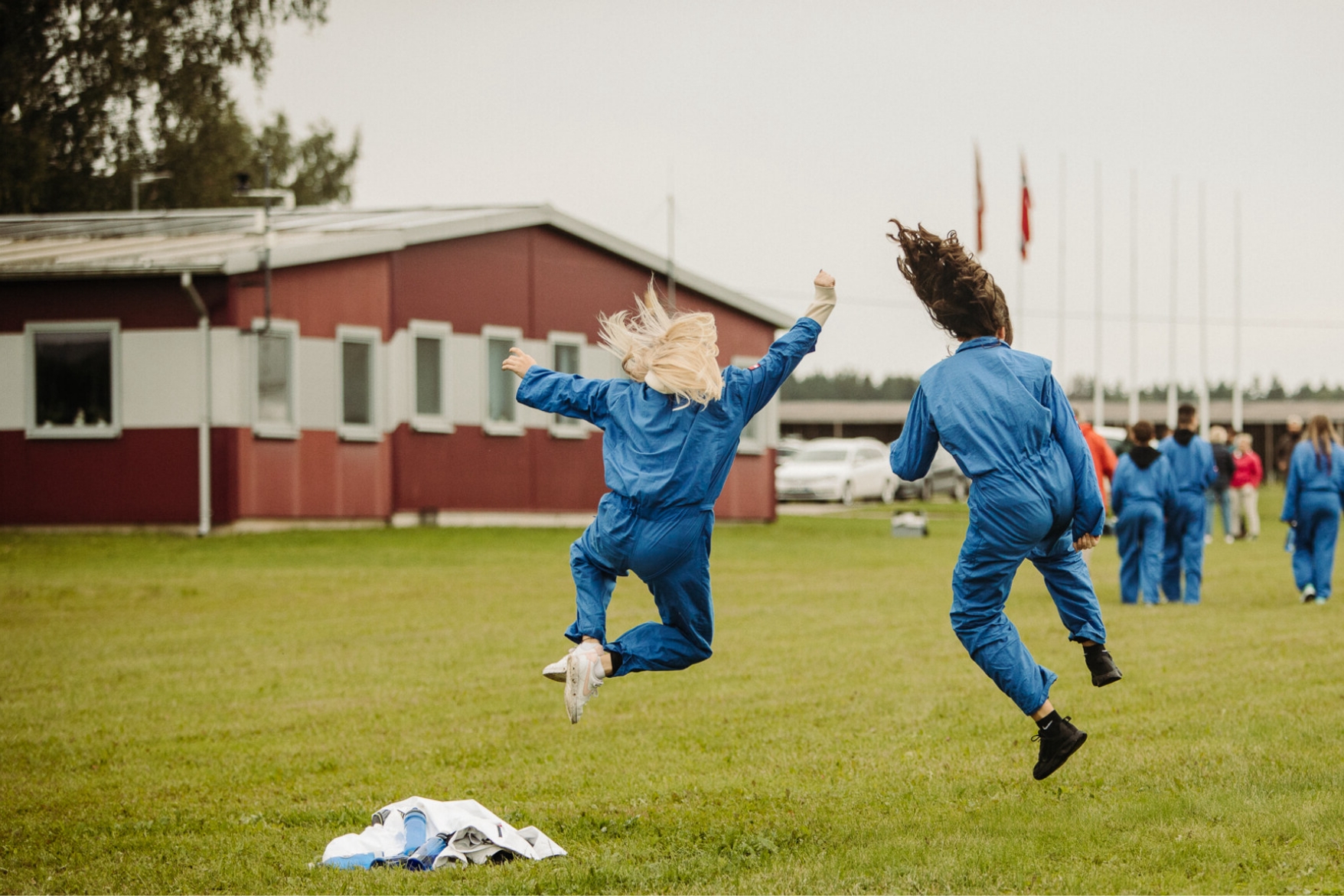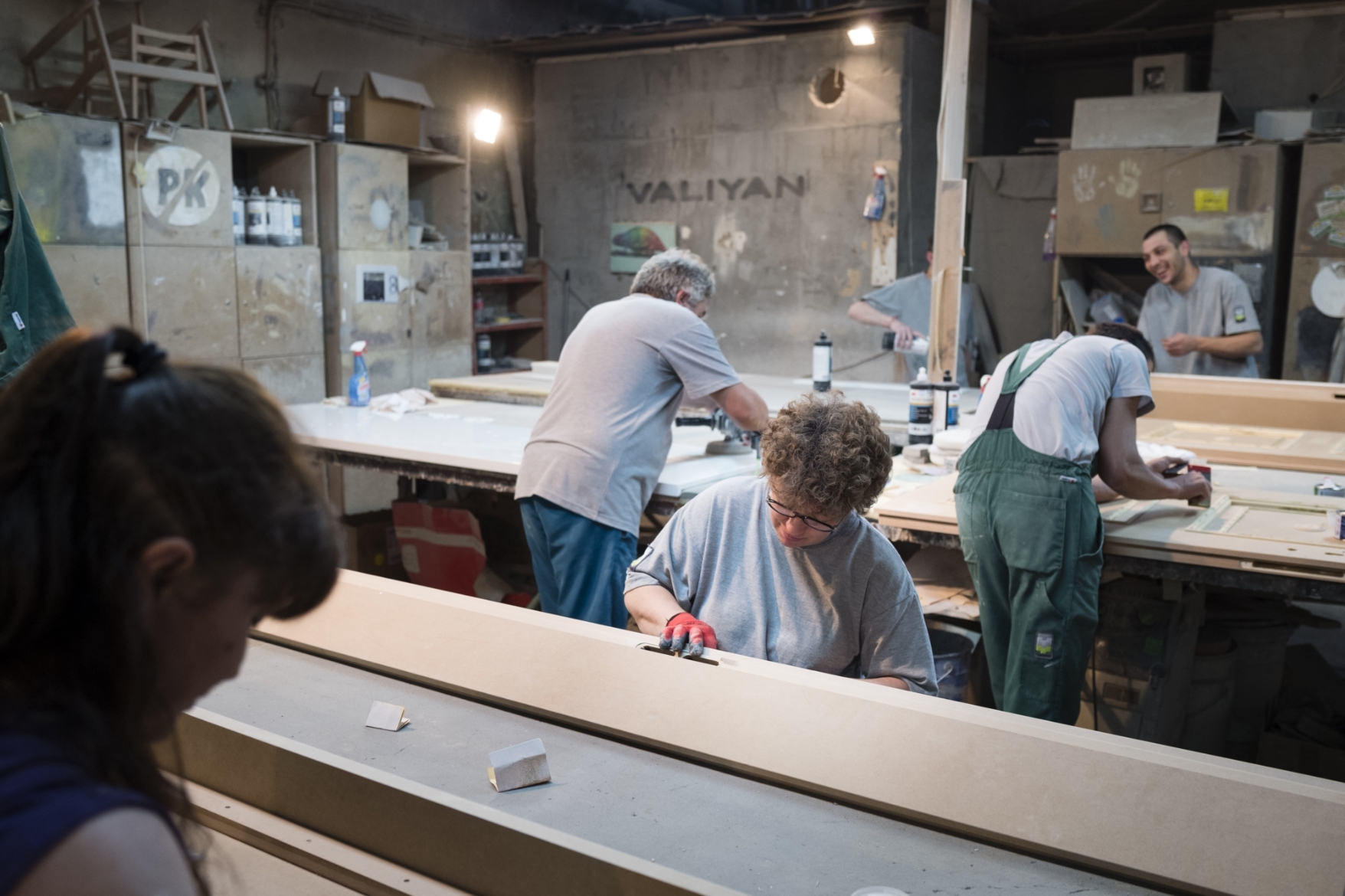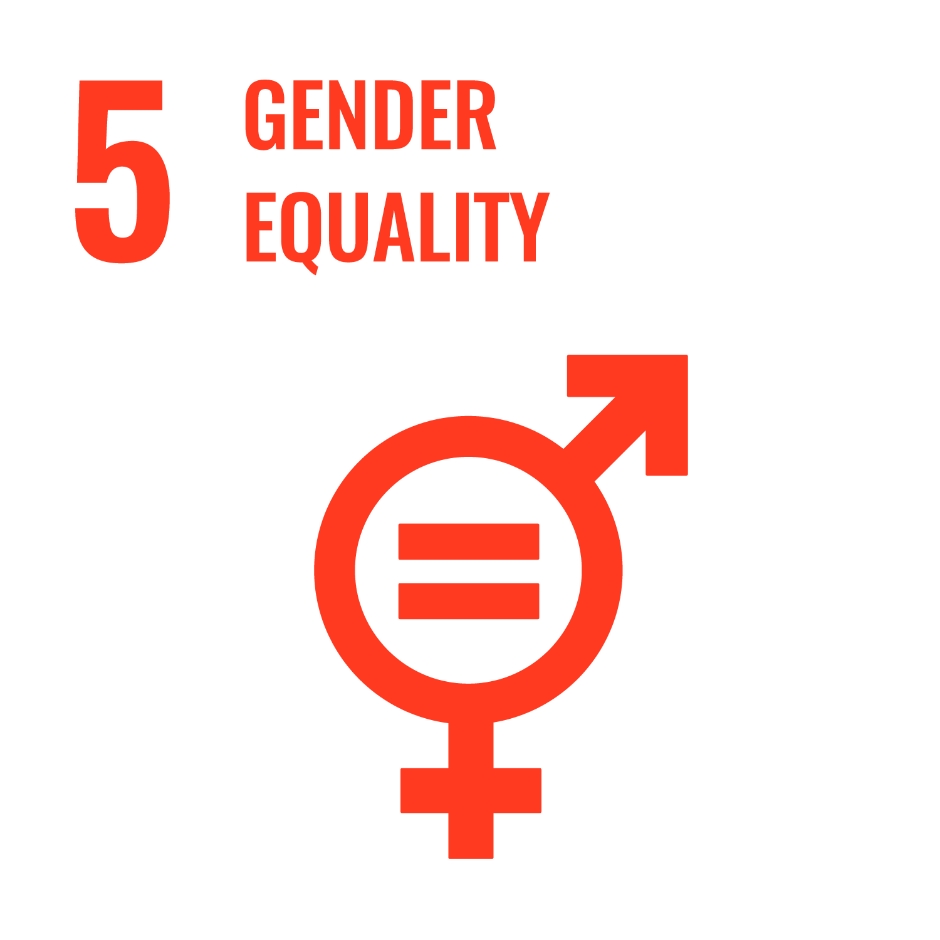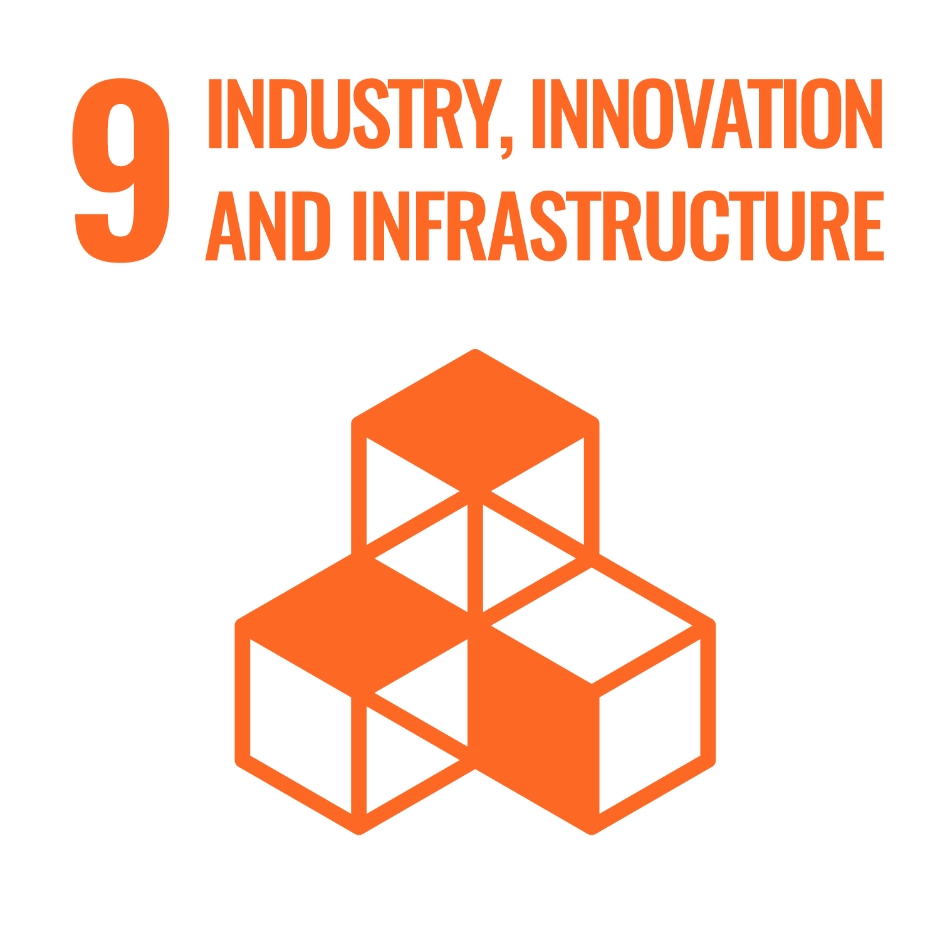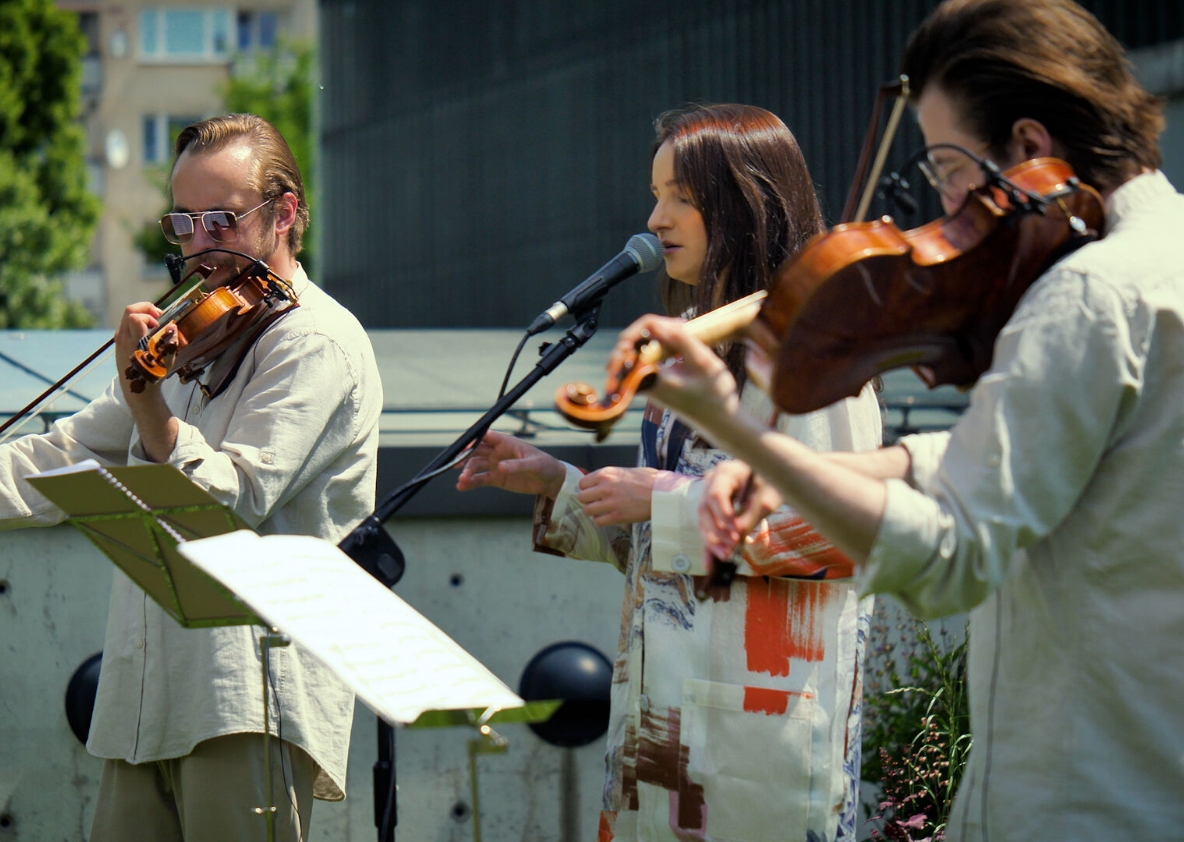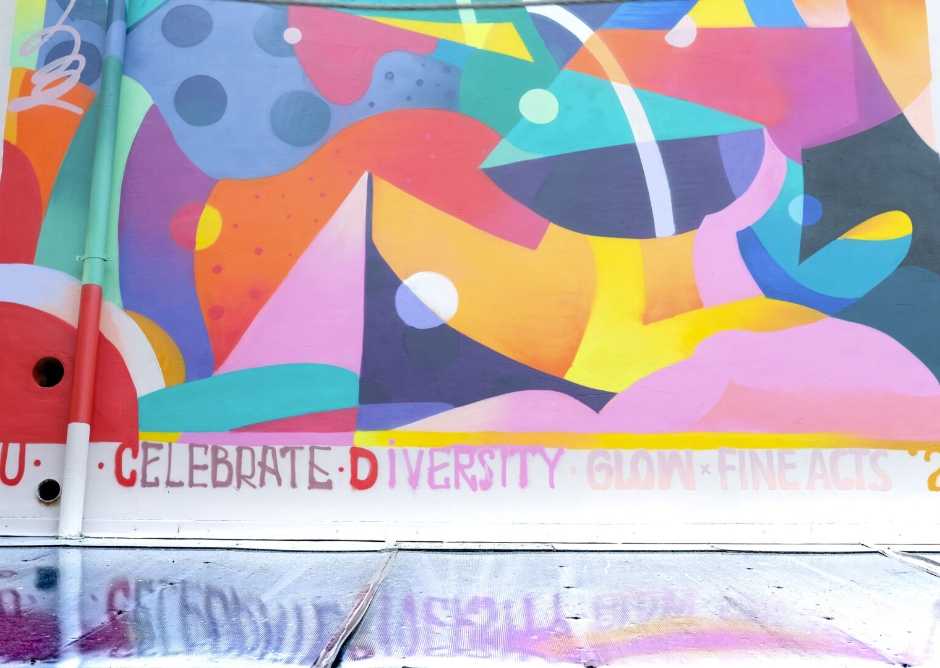The challenge
COVID-19 forced most of Europe to impose restrictions on the movement of goods and people that hit the economy hard. Now, economic and social recovery is a priority for Europe. While Europe is rebounding from the COVID-related recession faster than expected, efforts to improve the competitiveness of Europe are crucial.
Traditionally, competitiveness is linked to a country’s position in the global market and capacity to generate economic growth. More recently, the international academic economic community has agreed to include the concept of a country’s ability to raise living standards and generate social growth into the mix.
The Grants’ approach
The EEA and Norway Grants tackle these challenges by supporting small businesses, research, social dialogue, addressing youth unemployment, and by helping to improve judicial systems in the Beneficiary States.

Advancing human performance in cybersecurity
While the digital world is evolving, understanding human factors in cybersecurity remains limited. Here’s how a research project in Lithuania takes on that challenge, with the help of partners from Liechtenstein and Norway.
Read more
